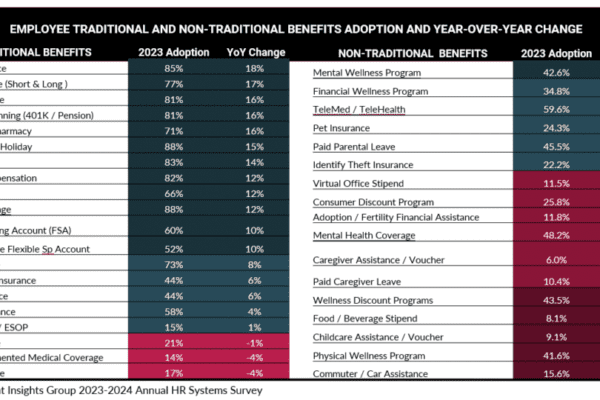Why a growth mindset can drive HR innovation, despite cost-center concerns
By embracing change and harnessing tech, HR can navigate the complexities of the digital age with agility, writes expert Jason Averbook.
The post Why a growth mindset can drive HR innovation, despite cost-center concerns appeared first on HR Executive.






